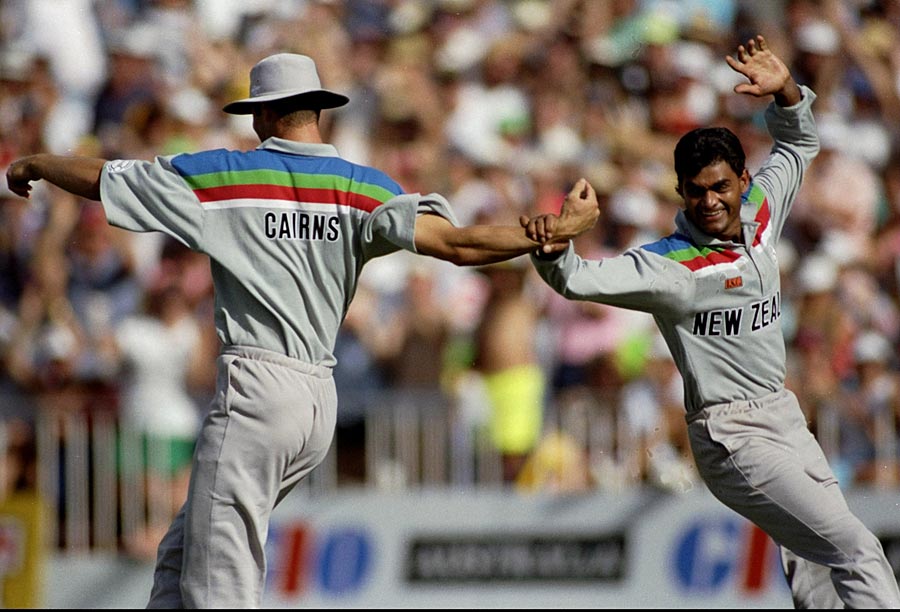The higher a family's income, the greater a pupil's chance of being admitted to a grammar. But fairer admissions will only begin to level the playing field

Pupils take a practice test during a tutoring session. 'Grammar school heads say they want to end the tutoring culture. But, with a quarter of pupils receiving private tuition, that may be wishful thinking.' Photograph: Antonio Olmos
Around half of England's 164 grammar schools plan to prioritise bright pupils from poorer families in their admissions policies. They have provoked a predictable backlash from some who see this as social engineering.
Yet the heads are right to embrace fairer admissions. And even those who would prefer all schools to be comprehensive should welcome these measures. Indeed, it is crucial that the grammars go further if they are going to play a stronger role in supporting social mobility.
Research for the Sutton Trust has shown that the number of grammar school pupils who come from outside the state sector – largely fee-paying preparatory schools – is more than four times the number eligible for free school meals. Only 6% of pupils in England go to prep schools, whereas 16% are entitled to free meals – but just 600 of the 22,000 children entering grammar schools between 2009 and 2011 were from these least advantaged homes, whereas 2,800 had been privately educated.
Of course grammar schools are selective, and many children from poorer homes have already fallen behind their better-off peers by age 11. That gap needs narrowing. Yet when our researchers looked at all pupils reaching the expected standard for a 14-year-old in the end-of-primary English and maths tests, they found that only 40% of able free-school-meal pupils gained admission to grammars, compared with 66% of other pupils.
Nor is it just poor pupils losing out. The research showed that the higher your family's income, the greater your chance of being admitted to a grammar. There is a good reason for this: parents who can afford it pay to make sure their children pass the test. For the richest parents, it will be £9,000-a-year prep school fees. For others, it will be £20 an hour or more for a private tutor. For many, these sums are more than they can afford.
That's why fairer admissions in grammar schools, far from giving less privileged pupils an unfair advantage, would simply help level the playing field. But while this is a welcome first step, more needs to be done. Admissions policies are only one part of the equation.
Grammar schools should reach out to a wider group of schools and pupils if the link between income and access is to be broken, while all primary schools in selective areas should encourage their bright pupils to apply in the first place. Admissions tests should reduce any bias that could disadvantage pupils from under-represented backgrounds.
To their credit, many grammar schools are acting here too: the Sutton Trust is working with the King Edward VI foundation in Birmingham and others to improve outreach programmes, while many schools are switching to less coachable tests.
Grammar school heads say they want to end the tutoring culture. But, with a quarter of pupils receiving private tuition, that may be wishful thinking. That's why grammar applicants should be entitled to free sessions to help familiarise them with the test, so those from low-income families don't lose out.
Critics will say that we should abolish rather than ameliorate selection. But the reality is that no major political party will scrap the remaining grammars without a groundswell of parental support: in this respect, the coalition parties and Labour are at one. So where grammars remain, it is vital that they do more to open their doors to bright children from low- and middle-income homes.
Others will say that we should focus instead on social selection in comprehensives or fee-paying independent schools. We also want to see independent day schools opened up on the basis of merit rather than money.
But grammar schools still educate one in 20 secondary pupils, and many have a good record in getting their students into our best universities. So it is crucial that they are open to bright children of all backgrounds.







